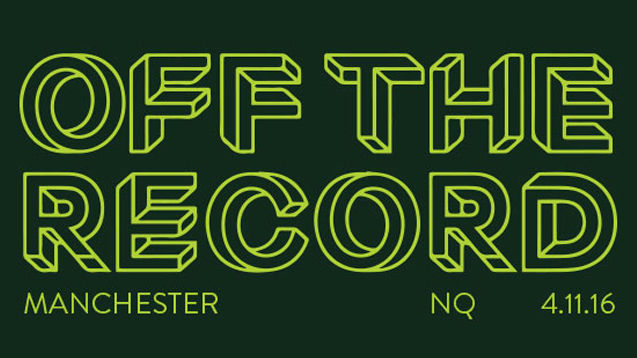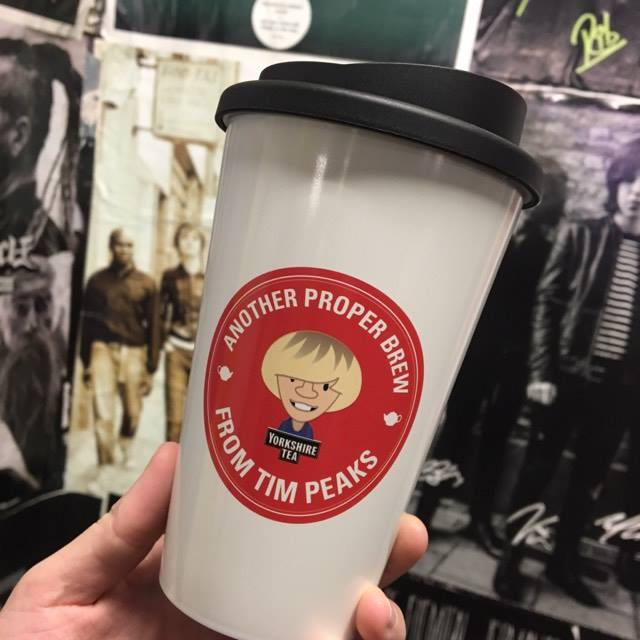Off The Record Conference
- Nov 6, 2016
- 3 min read
7 Venues. 30 artists. 50 Panelists. Music conference by day, Live music by night.

Studying Music Industries at Birmingham's School of Media is pretty cool, especially when you get to be a delegate at conferences and have the opportunity to visit other cities. This time, team BCU were off to Manchester for the first Off The Record conference and multi-venue music event. Based in the Northern Quarter, there was even the chance to get lost, I mean pay a visit, to Afflecks Palace. The ultimate 'indie' paradise described perfectly by a fellow student as 'a somewhat creepy, but cool, fun house'.
Kicking off the journey at a tender time of 5:45am, we had touchdown at the Methodist Central Hall at 9am with plenty of time to grab ourselves a Tim Peaks coffee (would rate a strong 10/10). The first conference 'How to get heard over the noize!' began at 10am and as expected, John Robb (Louder Than War) lead the first panel of the day. Joined by Sean McGinty (BBC Introducing), Simon Zaccagni (Silent Radio) and Elena Jimenez (Popped Music) there were influencers from radio, print and online platforms offering their insight. Focusing on the best, most tactical and innovative ways to get your music heard, the panel offered the tricks of the trade. As I'm currently studying Music Industry Innovation, ideas for new SMEs to get independent music heard amongst competitors were whizzing through my head. Watch this space, I may just be the next music industries entrepreneur of the century...


Comments